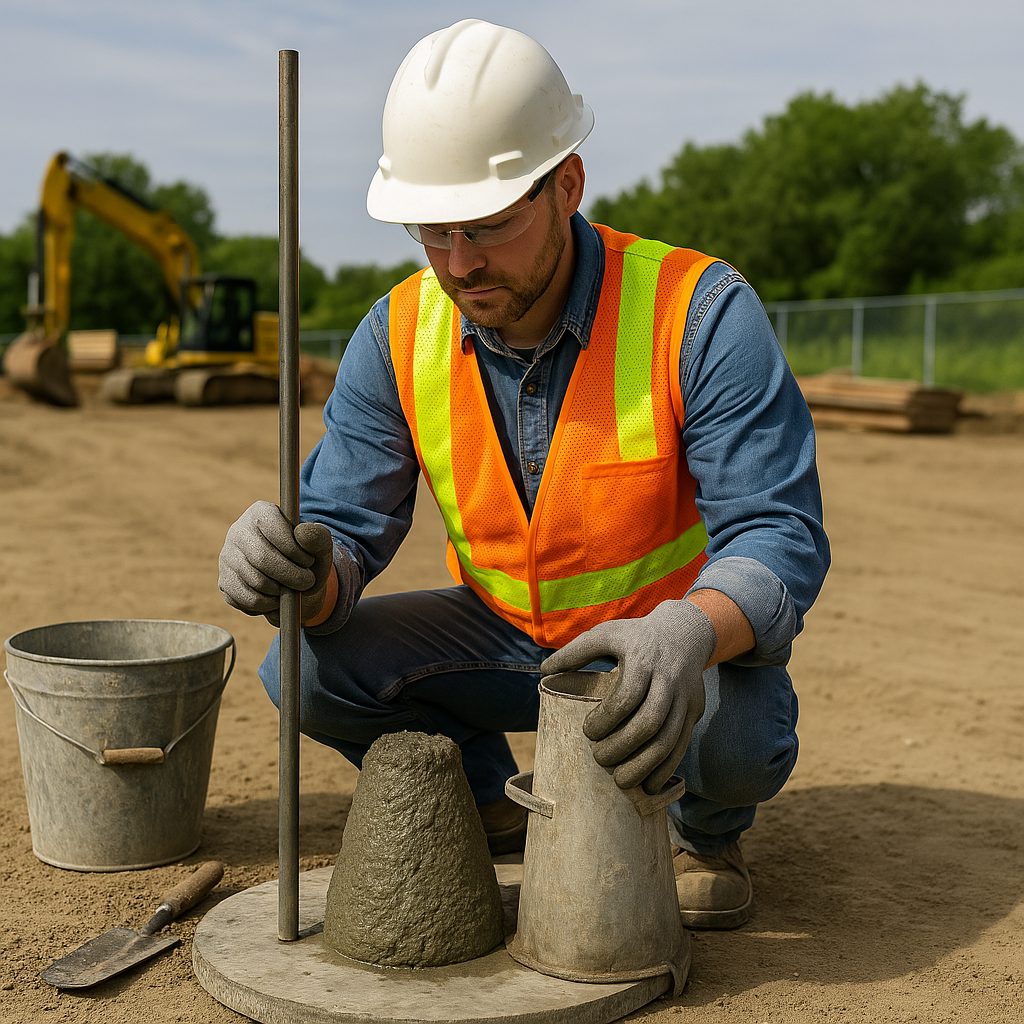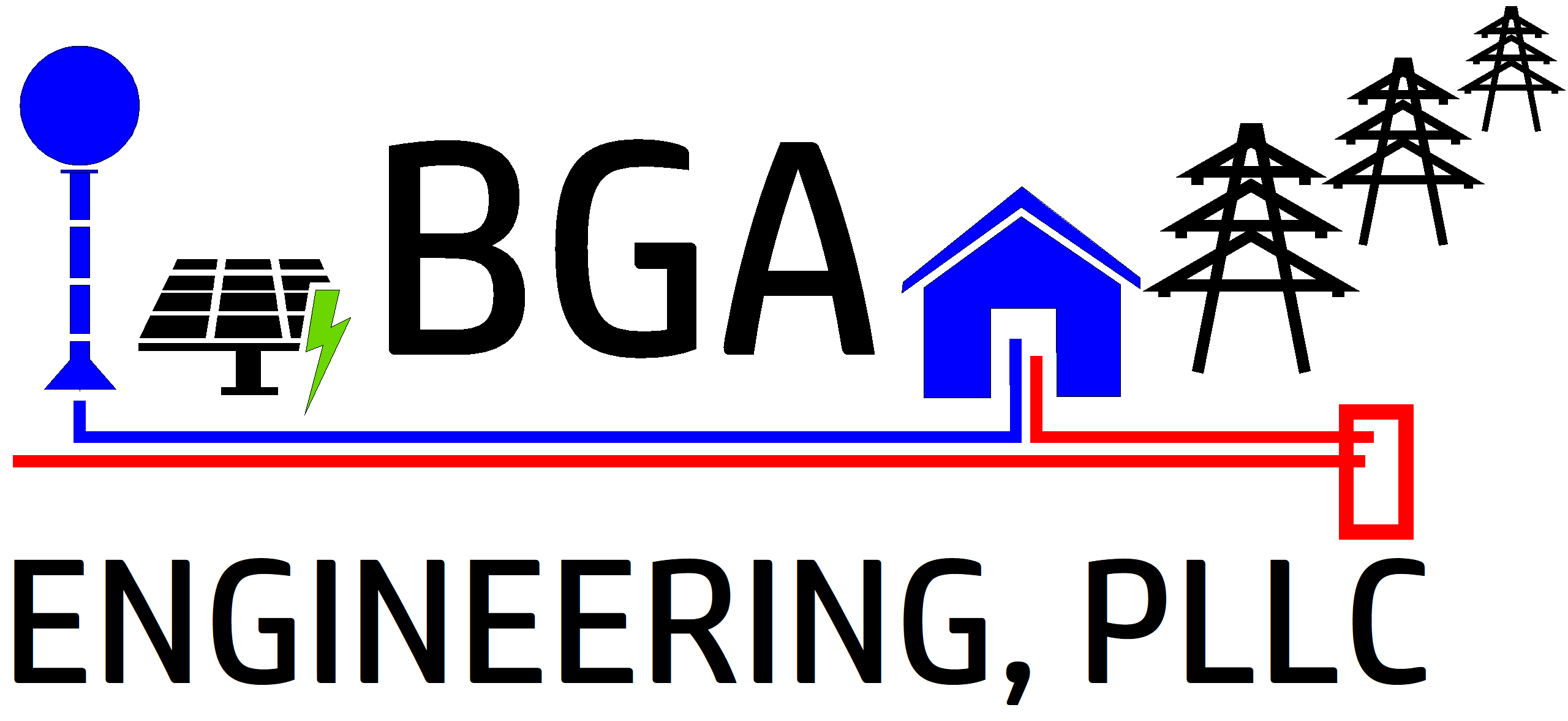Quality in construction ensures that a project meets defined standards, specifications, and client expectations. It encompasses materials, workmanship, safety, and compliance with regulations, ultimately leading to durability, efficiency, and cost-effectiveness. High-quality construction minimizes rework, delays, and failures, supporting long-term performance and stakeholder trust. Effective quality management is essential for delivering reliable, safe, and sustainable infrastructure.

Quality FAQs
Why is quality management important in construction?
Quality management ensures that construction work meets project specifications, industry standards, and client expectations. It helps prevent costly rework, delays, and structural issues by identifying and correcting deficiencies early in the process.
What is a Construction Inspection and Monitoring Program (CIMP)?
A CIMP is a structured approach to quality assurance that includes scheduled inspections, field monitoring, documentation, and compliance verification throughout all phases of construction. It provides a consistent framework to ensure work is done right the first time.
What does a typical CIMP include?
A comprehensive CIMP includes inspection checklists, hold points, witness points, daily reports, photographic documentation, non-conformance tracking, corrective action logs, and integration with quality control (QC) and quality assurance (QA) requirements.
How does inspection and monitoring support project success?
By continuously monitoring construction activities and documenting conformance to approved plans and specifications, CIMPs help reduce errors, improve communication, and provide clear accountability—ultimately contributing to safer, higher-quality, and more efficient project delivery.
Who performs construction inspections under a CIMP?
Qualified inspectors, engineers, or third-party professionals perform inspections based on their expertise and the type of work involved (e.g., civil, structural, mechanical). Their findings are documented and shared with project teams for resolution and verification.
Is a CIMP required on all construction projects?
While not always mandated, many public infrastructure and private-sector projects require a formal CIMP to comply with regulatory requirements, funding conditions, or internal quality standards. Even when not required, implementing a CIMP is considered a best practice.
How is a CIMP different from contractor quality control?
Contractor quality control focuses on self-performance and internal checks, while a CIMP provides an external or independent layer of oversight. It serves as a verification process that work has been completed in accordance with the approved documents.
Does your firm develop and implement CIMPs?
Yes. We create tailored Construction Inspection and Monitoring Programs to meet the specific needs of each project, and we provide experienced field staff to execute inspections, document compliance, and coordinate closely with project teams to uphold quality from start to finish.
